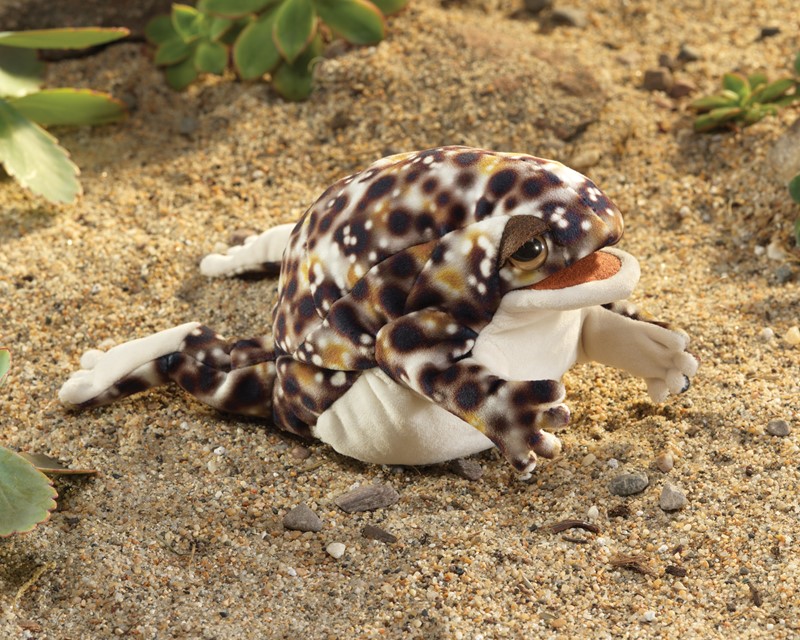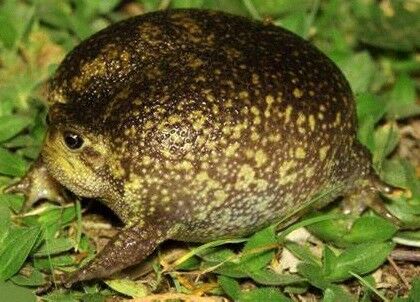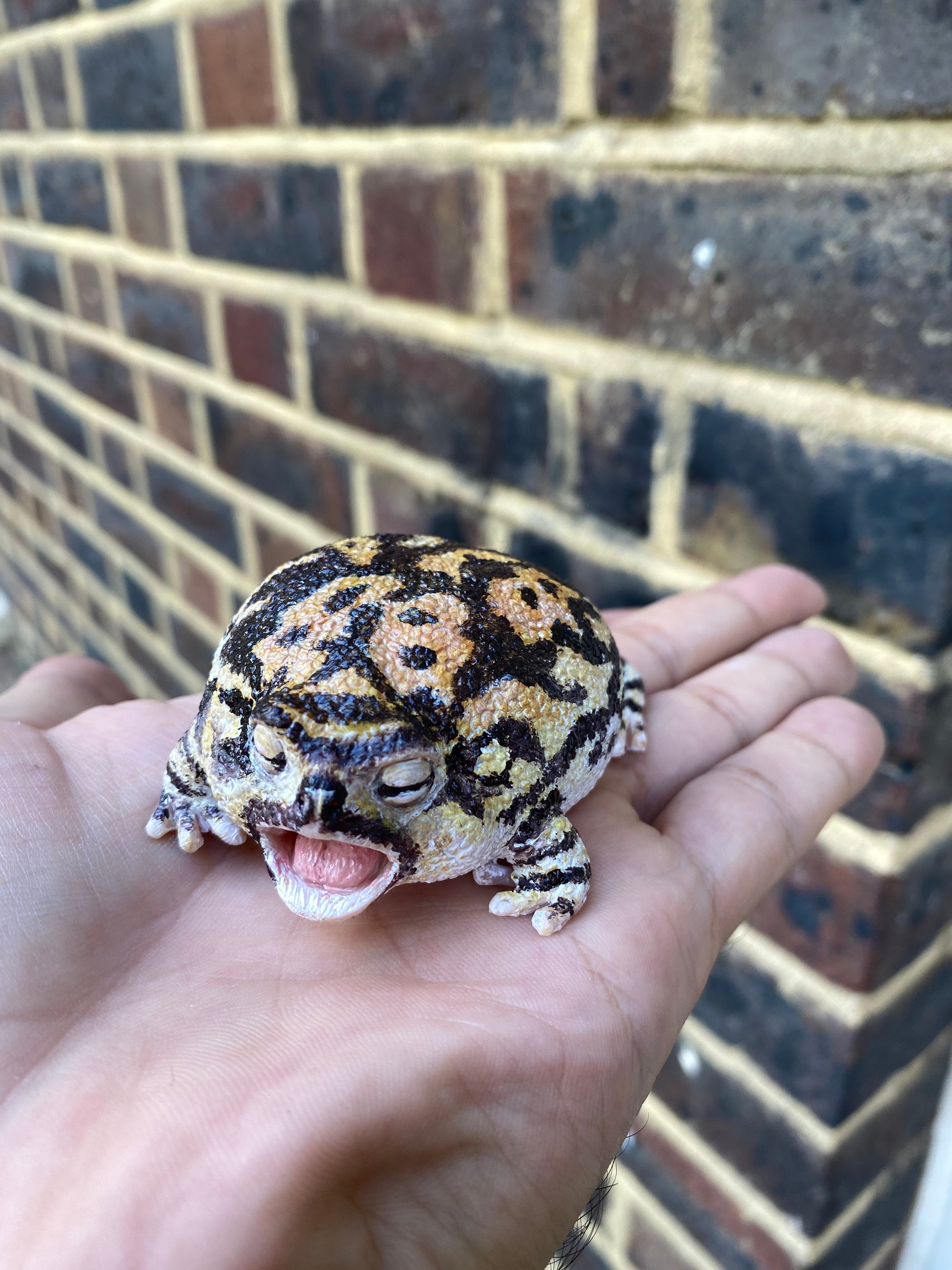Looking For Rain Frog for Sale? Locate Your Perfect Amphibian Friend Right Here!
Looking For Rain Frog for Sale? Locate Your Perfect Amphibian Friend Right Here!
Blog Article
Common Wellness Issues in Reptiles: Signs And Symptoms and Solutions
In the complex world of reptile care, understanding the common health concerns that might impact these special animals is vital in ensuring their wellness. From respiratory infections that can silently hold to metabolic bone conditions that can disable, reptiles are prone to a variety of conditions that require keen monitoring and prompt intervention. Whether it's grappling with parasitical problems, navigating dehydration concerns, or addressing skin disorders that materialize in subtle ways, being in harmony with the signs and geared up with the knowledge of reliable remedies is important for any reptile proprietor. By delving further right into the nuances of these health concerns and checking out the practical solutions offered, one can safeguard the wellness and vitality of these remarkable animals.
Respiratory System Infections
Respiratory infections in reptiles can substantially influence their overall health and wellness and need punctual focus from experienced veterinarians. These infections are typically brought on by viruses, bacteria, or fungi and can manifest through signs such as wheezing, nasal discharge, open-mouth breathing, and lethargy. In reptiles, breathing infections can be particularly testing to detect and deal with because of their special makeup and physiology. Vets usually depend on a mix of health examinations, analysis imaging, and research laboratory examinations to precisely determine the underlying root cause of the infection.
Treatment for respiratory system infections in reptiles commonly includes a combination of encouraging treatment, such as maintaining correct moisture levels and temperature gradients in the enclosure, along with targeted medicine to deal with the specific virus in charge of the infection. It is essential for reptile proprietors to check their pets very closely for any kind of indications of respiratory distress and look for veterinary care at the earliest indicator of a concern. With timely treatment and proper treatment, lots of reptiles can recover totally from respiratory infections and return to normal tasks.

Metabolic Bone Illness
What aspects add to the development of Metabolic Bone Illness in reptiles?
Metabolic Bone Condition (MBD) in reptiles is primarily brought on by an absence of correct calcium, phosphorus, and vitamin D3 levels in their diet. When reptiles do not get appropriate calcium, either via their food or proper UVB exposure for vitamin D3 synthesis, they are at a high danger of creating MBD. Reptiles with diet regimens reduced in calcium or imbalanced calcium to phosphorus ratios are especially at risk. In addition, inadequate direct exposure to UVB light prevents reptiles from manufacturing vitamin D3, which is important for calcium absorption and bone health.
Insufficient moisture degrees can also affect a reptile's ability to metabolize calcium properly. Routine vet examinations, proper husbandry methods, and a balanced diet regimen are vital to prevent Metabolic Bone Condition in reptiles.
Parasitic Invasions
Parasitic invasions pose a considerable health danger to reptiles, influencing their general health and requiring timely vet attention. Reptiles can be impacted by numerous parasites, including termites, ticks, inner worms, and protozoa. These parasites can trigger an array of symptoms, such as fat burning, lethargy, skin inflammation, looseness of the bowels, and even death if left unattended.
One common parasite located in reptiles is the mite, which can cause skin irritability, tension, and anemia. Ticks are another external parasite that can create and send conditions pain to the reptile. Inner bloodsuckers like worms and protozoa can lead to gastrointestinal problems, poor nutrition, and deteriorate the reptile's immune system.
To identify a parasitic invasion, a veterinarian may carry out fecal tests, skin scrapings, or blood tests. Treatment typically includes deworming medicines, antiparasitic baths, or in severe cases, hospitalization. Preventative measures such as normal vet examinations, appropriate hygiene, and quarantine procedures for brand-new reptiles can aid lessen the danger of parasitic infestations and ensure the well-being of reptile pet dogs.
Dehydration and Hydration Issues
Dehydration in reptiles can considerably impact their health and health, requiring timely intervention and ideal hydration administration. Reptiles are susceptible to dehydration due to various variables such as inadequate water consumption, high environmental temperature levels, and particular wellness problems. Signs of dehydration in reptiles include sunken eyes, sleepiness, loss of skin elasticity, and reduced peeing. Dehydration can lead to serious wellness issues and even be deadly to the helpful site reptile - rain frog for sale. if left neglected.
To avoid dehydration, reptile owners need to guarantee that their pet dogs have access to tidy water at all times. The water meal need to be big sufficient for the reptile to take in if needed, specifically for species that soak up water through their skin. Furthermore, keeping proper humidity degrees in the reptile's unit and providing routine bathrooms can assist avoid dehydration.
In situations of dehydration, it is vital to seek veterinary care immediately. A vet may administer fluids either by mouth or via shots to rehydrate the reptile. It is necessary to attend to the underlying source of dehydration to avoid reoccurrence and make sure the reptile's total health.
Skin Ailments

Conclusion

Breathing infections in reptiles can significantly affect their overall health and need prompt interest from skilled vets (rain frog for sale). Preventative steps such as normal veterinary exams, proper health, and quarantine treatments for new reptiles can aid reduce the threat of parasitic invasions and ensure the well-being of reptile animals
If left neglected, dehydration can lead to severe health problems Read Full Report and also be fatal to the reptile.
On a regular basis inspecting your reptile for any type of adjustments in skin appearance, appearance, or shade can help in very early discovery and therapy of skin ailments, promoting the general wellness and health of your flaky companion. - rain frog for sale
In conclusion, reptiles are susceptible to different health and wellness concerns such as respiratory system infections, metabolic bone disease, parasitic infestations, dehydration, and skin conditions.
Report this page